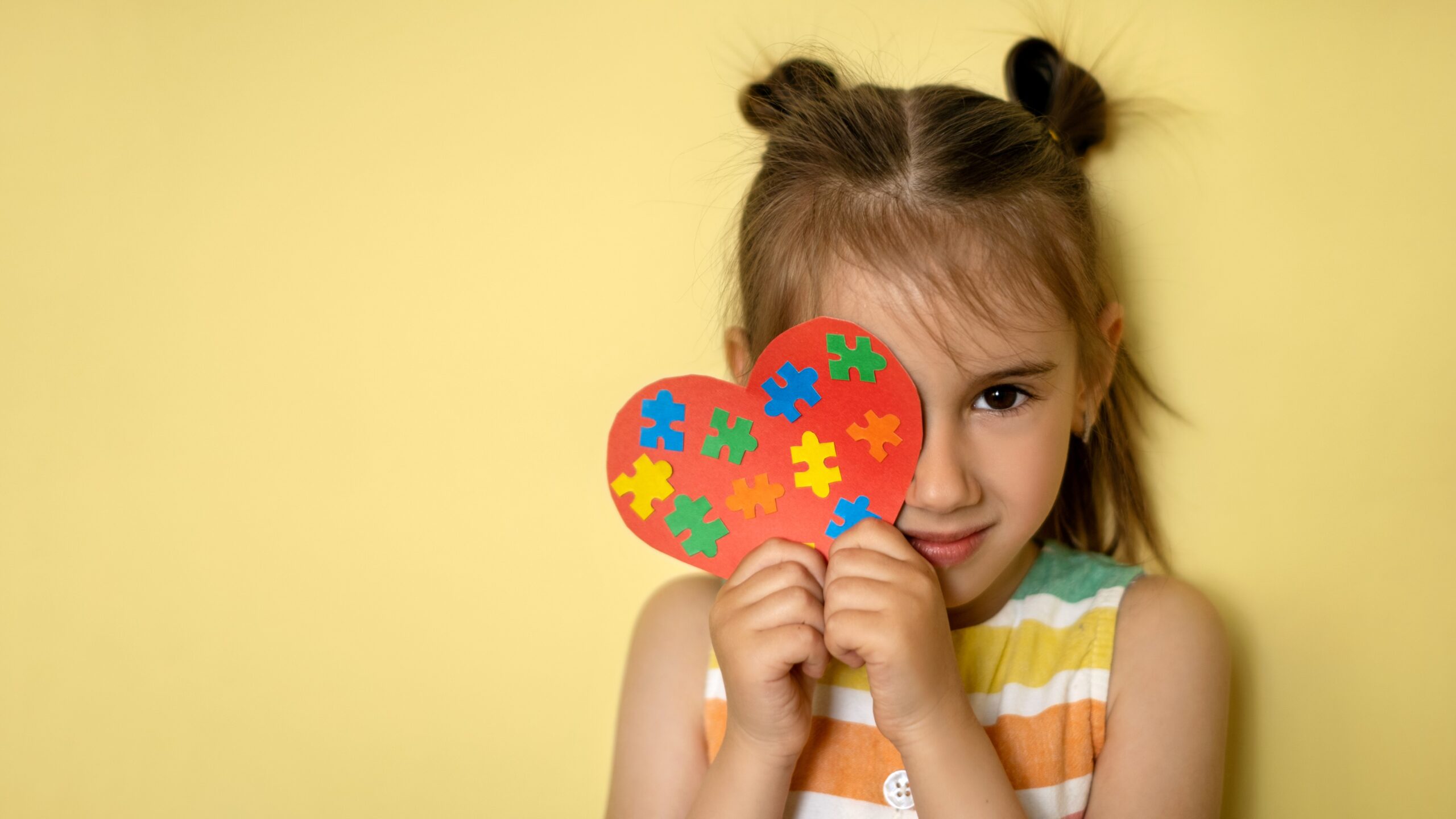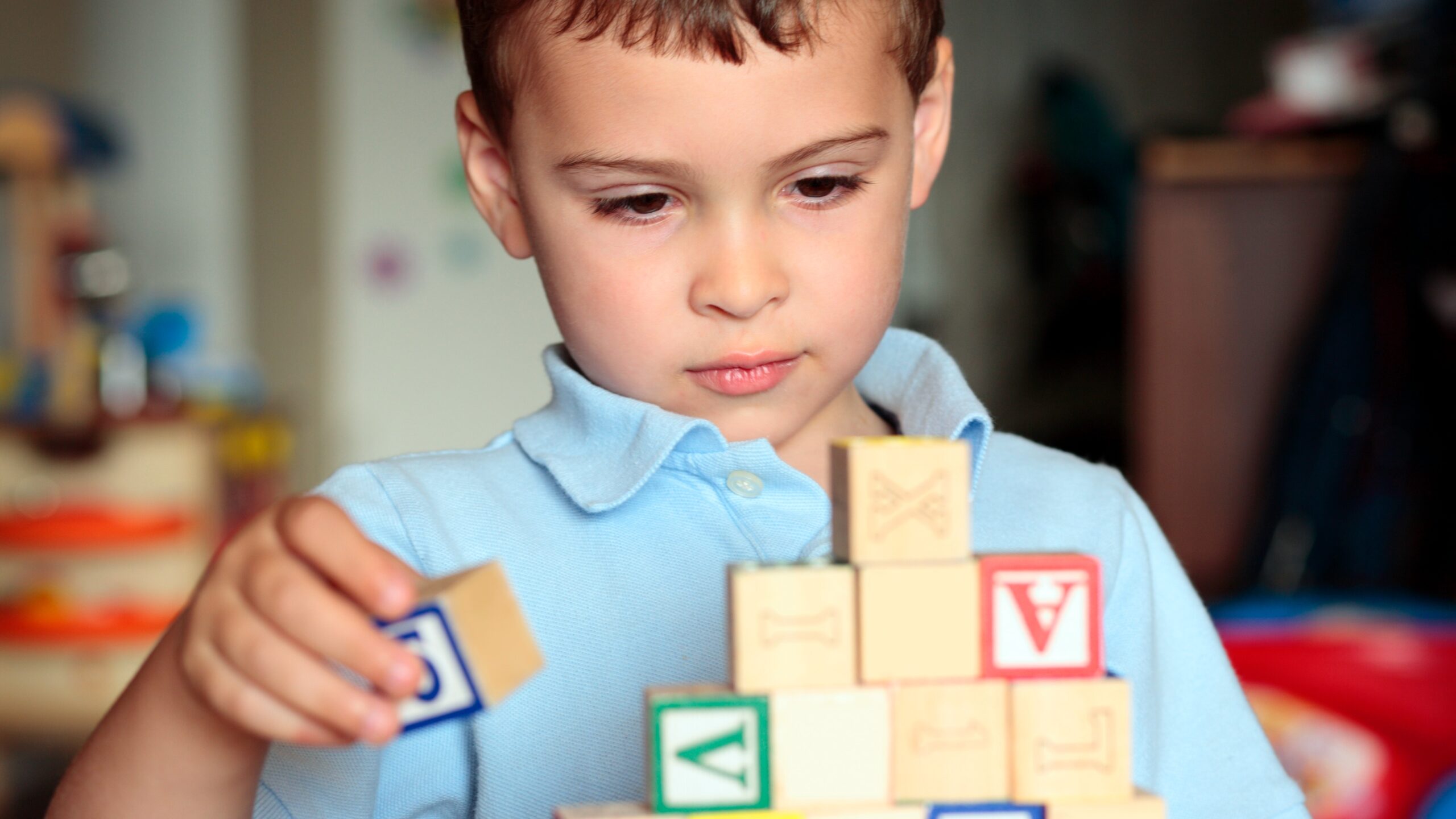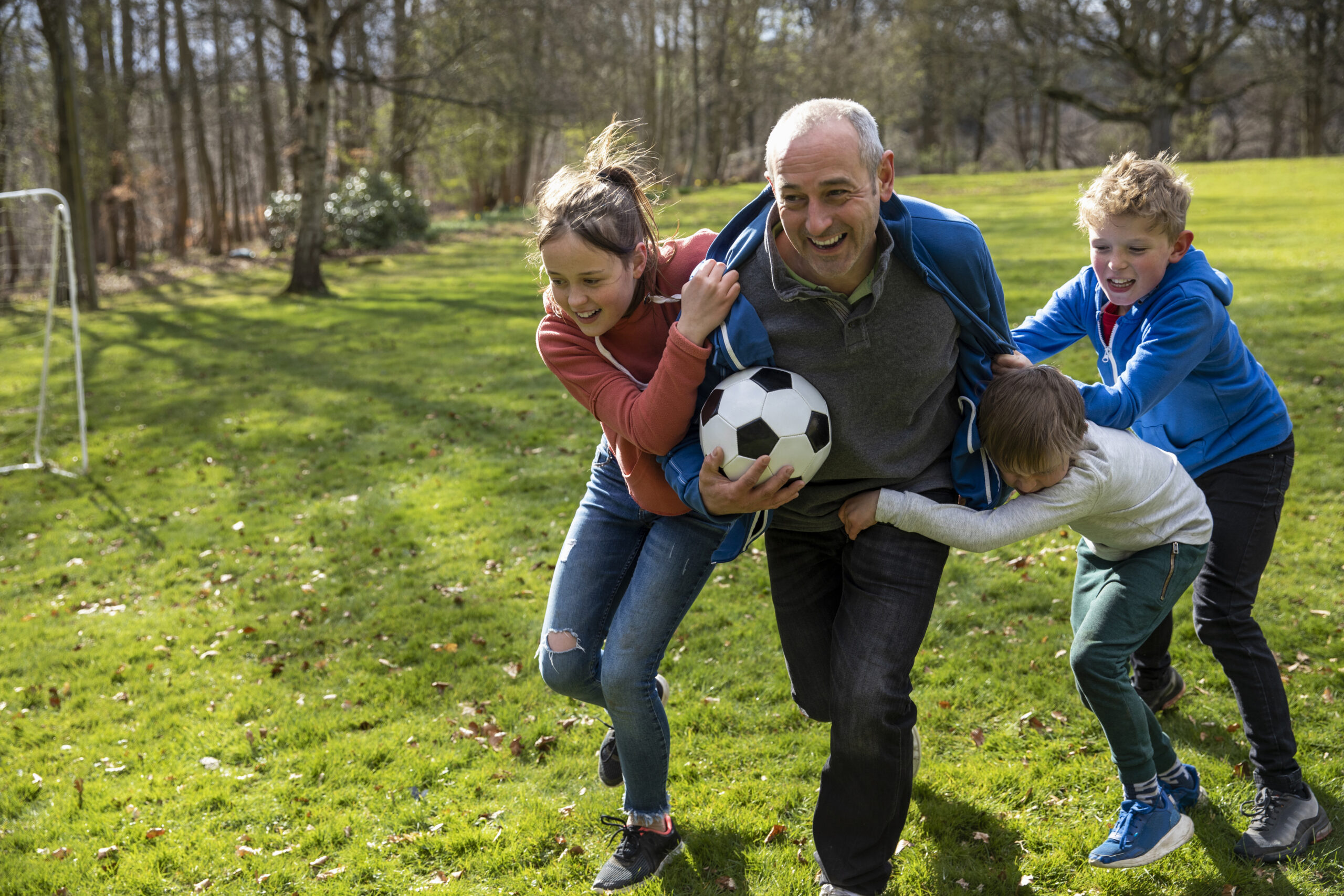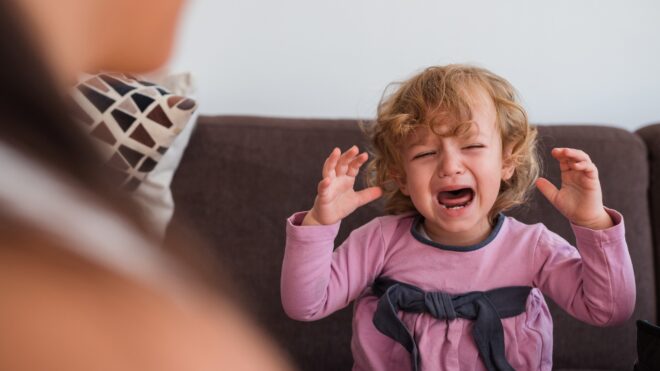
It’s difficult enough being an adult, never mind a child, during these times of school shootings and global health crises. Add on being a kid with a developmental condition or mental illness, and those hardships increase tenfold. Not only is it more important than ever to make sure our kids are healthy and safe, we need to make sure they feel heard, comforted, and understood.
Unfortunately, not everyone understands how harsh words can affect their children. Not everyone understands what a child is going through, never mind how to help make it better. We’ve been convinced that the only way for kids to grow up strong is to pull up their bootstraps and never show weakness. But you’d be surprised about how far validation can go in a child’s development.
Tough love is overrated — let’s just try good old-fashioned love. Here are five things never to say to your neurodivergent kids:
1. 'People have it worse than you.'

This is often conflated with the age-old and quite racist "people are dying in Africa, you know!" We’ve been hardwired to believe that feeling depressed or stressed is acting ungrateful. We have a shining sun, your kids have a roof over their heads, and there's food on the table. Why should they have mental health issues? Well, for one, mental and developmental health doesn’t care about the good sides to life. Though depression, for example, can be caused by trauma, it’s also associated with a chemical imbalance in the brain.

This can be completely random in terms of whom it impacts. Not only does telling your kids that they shouldn’t show signs of their condition make them feel guilty, it can also alienate them from you and cause them to repress and mask their symptoms. You also teach them that they cannot come to you for help, in fear of being rejected.
2. 'You'll grow out of it; you don't need a doctor.'

Whether your child is suffering from depression, which can be cured, or is showing signs of autism, which is simply a part of who they are, ignoring it will make things very difficult for everyone. Acknowledging the fact that your child needs help with how their brain works day-to-day is not some big looming disaster for your family, either. If you let it, the journey can be like any other family experience — civil, supportive, and healing.

The doctor is not your enemy, and therapists are not there to judge you as a parent. They’re there simply to help your child function and feel better. Obviously, health care is expensive, and not everyone can afford therapy. In that case, you can still get the help your kid needs with free online resources you can use at home. Or find free or reduced cost therapy through various charitable organizations. Your child’s school counselor can help you learn more.
3. 'People will think I mistreat you if you keep acting like this.'

Your reputation isn’t nearly as important as your child’s health. And to quote a favorite parental phrase: "If they think bad of you, they aren’t really your friends." It’s understandable that as a parent you too will go through hard times as your child suffers from difficult symptoms, but the sufferer should always come first. It’s actually very helpful to go through your own form of therapy while taking care of a neurodivergent child, whether you have a counselor to speak to or you utilize free online resources to help regulate your stress. Above all, don’t take it out on them, even accidentally.
Kids can’t help how they feel and are often too young to cope with it by themselves. Implying that their symptoms will bring you negative attention will simply teach them to repress everything, possibly leading to bottling it all up, causing it to spill out in a dangerous way. There are plenty of healthy ways to calm your child down, such as taking them away from any situation that is stressing them out, doing breathing exercises with them, reminding them of their coping strategies, and giving a hug if they want one.
4. 'Labeling yourself will make people distrust you.'
While it’s certainly true that the world is an ableist place, labels can be very helpful to the individual. Besides, you don’t have to write on a job application or census that you have ADHD, you don’t have to tell random people that you’re suicidal, you don’t have to tell anyone anything you don’t want to. Labels are a preference that not everyone needs but serve as a name to find a community. The autistic community, for example, has tons of hashtags online to make wonderful art and share their experiences, and the schizophrenia community is there to share tips and discuss treatments.
Once I found out I had OCD, it gave me a name to pin my discomfort onto, and it made me less afraid of my own mind. "There’s nothing ‘wrong’ with me; I’m just obsessive compulsive," I thought when I found out what had been going on. Finding that label helped me find therapy, resources, and other people who go through what I do. How can that be bad?
5. 'You just need more exercise!'

Exercise has many benefits to both physical and mental health. But when your child comes to you and tells you that they are having trouble with mood, stress, sensory issues, or concentration, for example, it can be very dismissive to blame it on how often they jog. Exercise may release endorphins and serotonin, but that volume is not enough to cure bipolar disorder or anxiety. And it’s certainly not the cause of the condition in the first place.

It’s also presumptuous to suggest that your child isn’t trying hard enough physically, or that it’s even possible for them to increase their activeness. If your child has a physical disability, asthma, or some other issue that makes exercise tricky, it’s pretty crappy to tell them to just go play football or start swimming more often.







